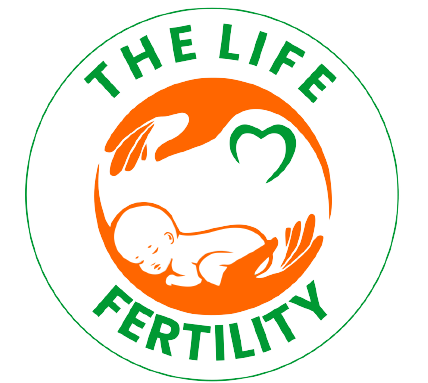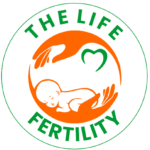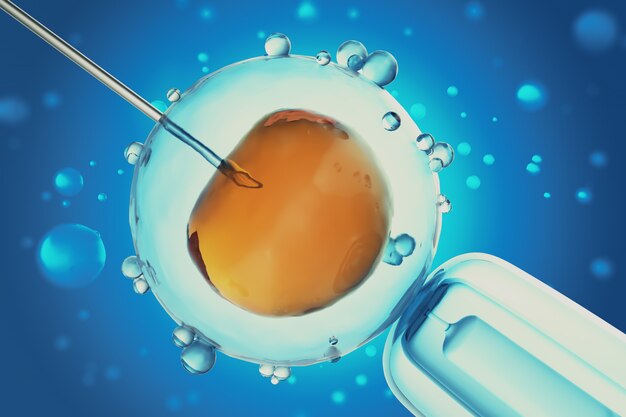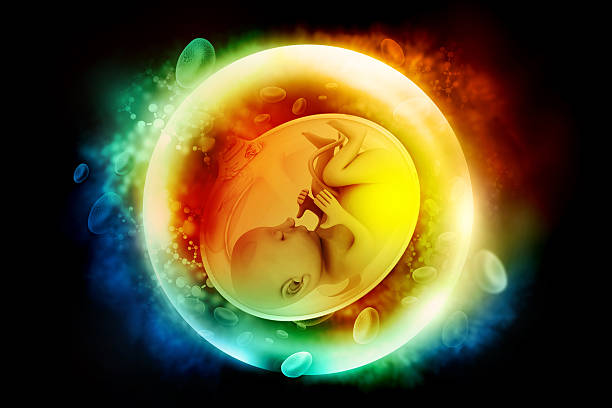Understand Egg Freezing Success Rates & Your Fertility Options
Introduction Understanding Egg Freezing Success Rates and Your Options The decision to preserve your fertility is a significant one, and for many women, egg freezing has emerged as a powerful…








